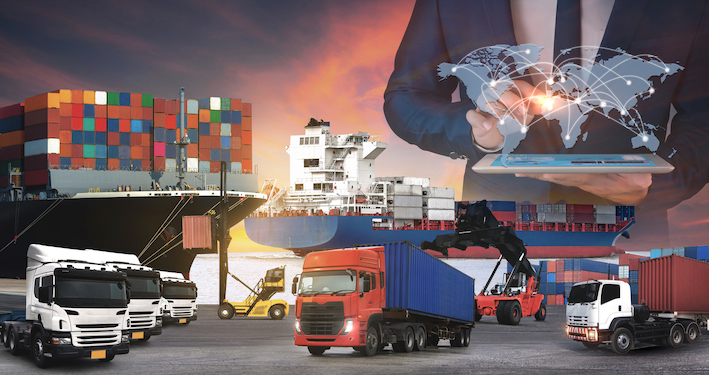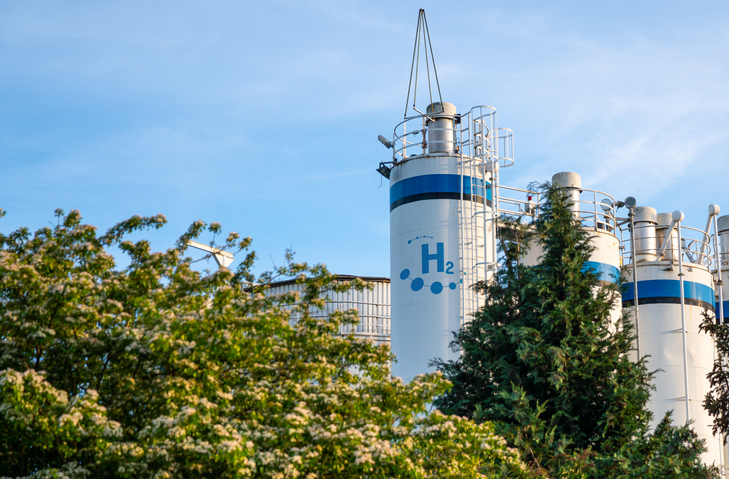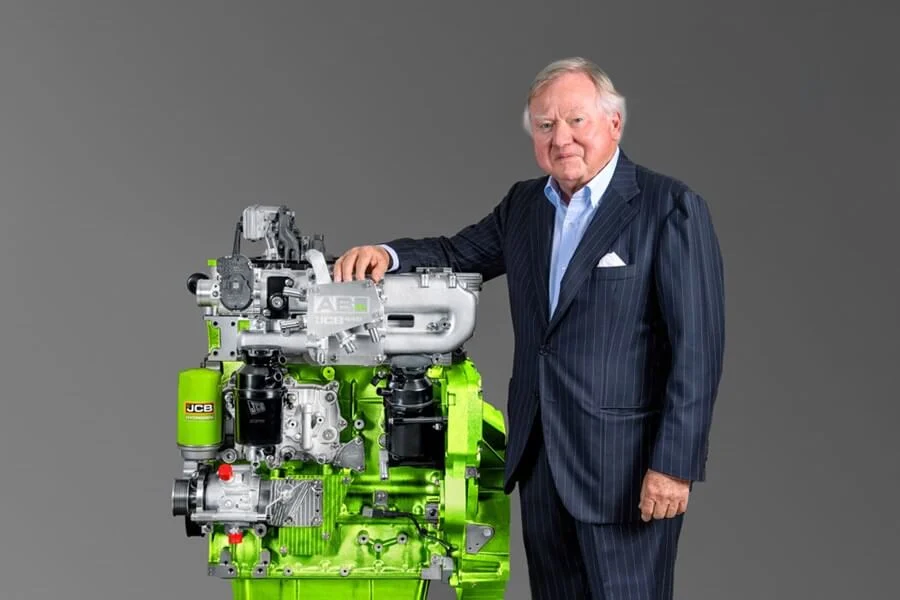In a world captivated by technological marvels and awe-inspiring innovations, one element is emerging as the superhero of the clean energy revolution. Hydrogen, the unassuming yet mighty warrior, is on a mission to decarbonise our economy and revolutionise the job market.
Welcome to the hydrogen era, where carbon emissions meet their match, and a vibrant tapestry of green jobs unravels. This is not science fiction; this is the reality of a world powered by hydrogen, where clean energy meets boundless potential, and green jobs become the currency of progress.
As recently as three years ago when Ryze Hydrogen started writing about the emergence of the hydrogen industry, the world was largely unaware of the potential of hydrogen as a zero-carbon source of power capable of decarbonising our economies.
____________________
Click to read related content:
Hydrogen Applications Focus: Airbus
____________________
Since then, the global perception of hydrogen has undergone a remarkable transformation. Our google alerts feed us lengthy lists each day of new hydrogen projects being announced here in the UK and all over the world, signifying an unprecedented rise in its prominence.
However, it was not until recent advancements in technology, combined with the urgent need to combat climate change, that hydrogen started to emerge as a viable solution. With the world collectively striving for net-zero emissions, hydrogen has gained momentum as a versatile and zero-carbon energy carrier capable of decarbonising various sectors, including transportation, industry, and power generation.

With the world collectively striving for net-zero emissions, hydrogen has gained momentum as a versatile and zero-carbon energy carrier capable of decarbonising various sectors, including transportation, industry, and power generation.
Driven by climate goals and the pursuit of sustainable energy alternatives, countries across the world have recognised the potential of hydrogen and embarked on a journey to harness its power. Governments and industry leaders are investing significant resources in research, development, and infrastructure for hydrogen projects. America is striding ahead in its pursuit of hydrogen as a clean energy alternative, spending $369bn (£310bn) on subsidies for green technologies under the Inflation Reduction Act. In response many are calling on UK and EU governments to do more by way of subsidies to encourage acceleration of their hydrogen economies.
One of the most promising applications of hydrogen of course lies in the transportation sector. Hydrogen fuel cell vehicles offer a clean alternative to conventional internal combustion engines, emitting only water vapour as a by-product.
Major automotive manufacturers including Rolls Royce, Hyundai, Toyota and Honda are increasingly investing in the development and commercialisation of hydrogen tech for cars, with hydrogen refuelling infrastructure expanding rapidly in several countries. From cars to trucks, trains and planes, hydrogen-powered transportation is paving the way for a greener future.
____________________
Click here to read related content:
These hydrogen hubs are driving the UK’s energy transition
____________________
And then of course there are hydrogen buses. At a recent visit to leading UK zero-carbon transport manufacturer Wrightbus, the Labour Treasury Chief Peter McFadden hailed the ‘huge potential’ of hydrogen to clean up public transport.
Mr McFadden was accompanied by Shadow Northern Ireland Secretary Peter Kyle, who praised the Ballymena firm for its innovation in the green energy sector. During the visit Mr McFadden was able to see first-hand the technologies behind its ground-breaking buses, including the world’s first hydrogen double deck bus and the world’s most efficient battery electric double deck.
Taking a sideways step away from buses and towards construction machinery JCB publicly unveiled its new 4.8L inline-four hydrogen combustion engine in March, the company’s zero-carbon emissions solution for construction and agricultural equipment. JCB also have an award-winning and market-leading battery electric suite of zero-carbon machines.

At a recent visit to leading UK zero-carbon transport manufacturer Wrightbus, the Labour Treasury Chief Peter McFadden hailed the ‘huge potential’ of hydrogen to clean up public transport. Pictured: Wrightbus zero-carbon hydrogen-powered double-deck bus the ‘Hydroliner’.
And in the quest for a truly decarbonised future, hydrogen and electric technologies are not rivals but vital allies. Like a dynamic duo, they bring their unique strengths to the table, ensuring a comprehensive and effective approach to combating climate change. Hydrogen, with its versatility and ability to decarbonise sectors like transportation and industry, offers a powerful solution. Meanwhile, electric technologies have swiftly paved the way for cleaner mobility and renewable energy integration.
“And in the quest for a truly decarbonised future, hydrogen and electric technologies are not rivals but vital allies. Like a dynamic duo, they bring their unique strengths to the table.” – Ryze Hydrogen
To meaningfully decarbonise our economies, we must embrace both hydrogen and electric technologies, harnessing their combined potential to reshape the energy landscape. Together, they hold the key to unlocking a sustainable and vibrant future for generations to come. There are few better examples of this than the UK firms Wrightbus and JCB, both paving the way towards a sustainable future with their hydrogen and electric zero-carbon ranges.

Hydrogen, the unassuming yet mighty warrior, is on a mission to decarbonise our economy and revolutionise the job market. Pictured: Hydrogen renewable energy production – hydrogen gas for clean electricity solar and windturbine facility.
The industrial sector, responsible for a significant share of global emissions, is also turning to hydrogen to reduce its carbon footprint. Hydrogen is being used as a feedstock for chemical processes, replacing fossil fuels and enabling the production of cleaner materials. Furthermore, green hydrogen, produced using renewable energy sources through electrolysis, has the potential to decarbonise energy-intensive industries like steel and cement production. Partnerships between governments, industries, and research institutions are driving innovation in this realm.
Hydrogen is poised to revolutionise the power generation landscape, offering a reliable and clean energy source. As intermittent renewable energy sources like wind and solar continue to grow, hydrogen storage and utilisation become crucial for balancing the grid. Power-to-gas projects convert excess renewable energy into hydrogen, which can be stored and later converted back to electricity, providing stability to the grid. Moreover, hydrogen-fired power plants are emerging as an alternative to traditional fossil fuel power plants, ensuring a greener energy mix.

JCB publicly unveiled its new 4.8L inline-four hydrogen combustion engine in March 2023. Pictured: JCB Chairman, Lord Bamford, with JCB’s pioneering and award-winning hydrogen combustion engine.
In just a few years, hydrogen has transformed from an overlooked element to a central player in the race for net zero emissions. The rise of hydrogen projects across the world demonstrates the global commitment to a sustainable future and the potential this clean energy source holds. As investments pour into research, development, and infrastructure, the hydrogen economy continues to expand, unlocking new opportunities and driving innovation. With its versatility and ability to decarbonise key sectors, hydrogen is undoubtedly set to play a pivotal role in shaping a greener and more sustainable world.
To learn more about Ryze Hydrogen, click here.






